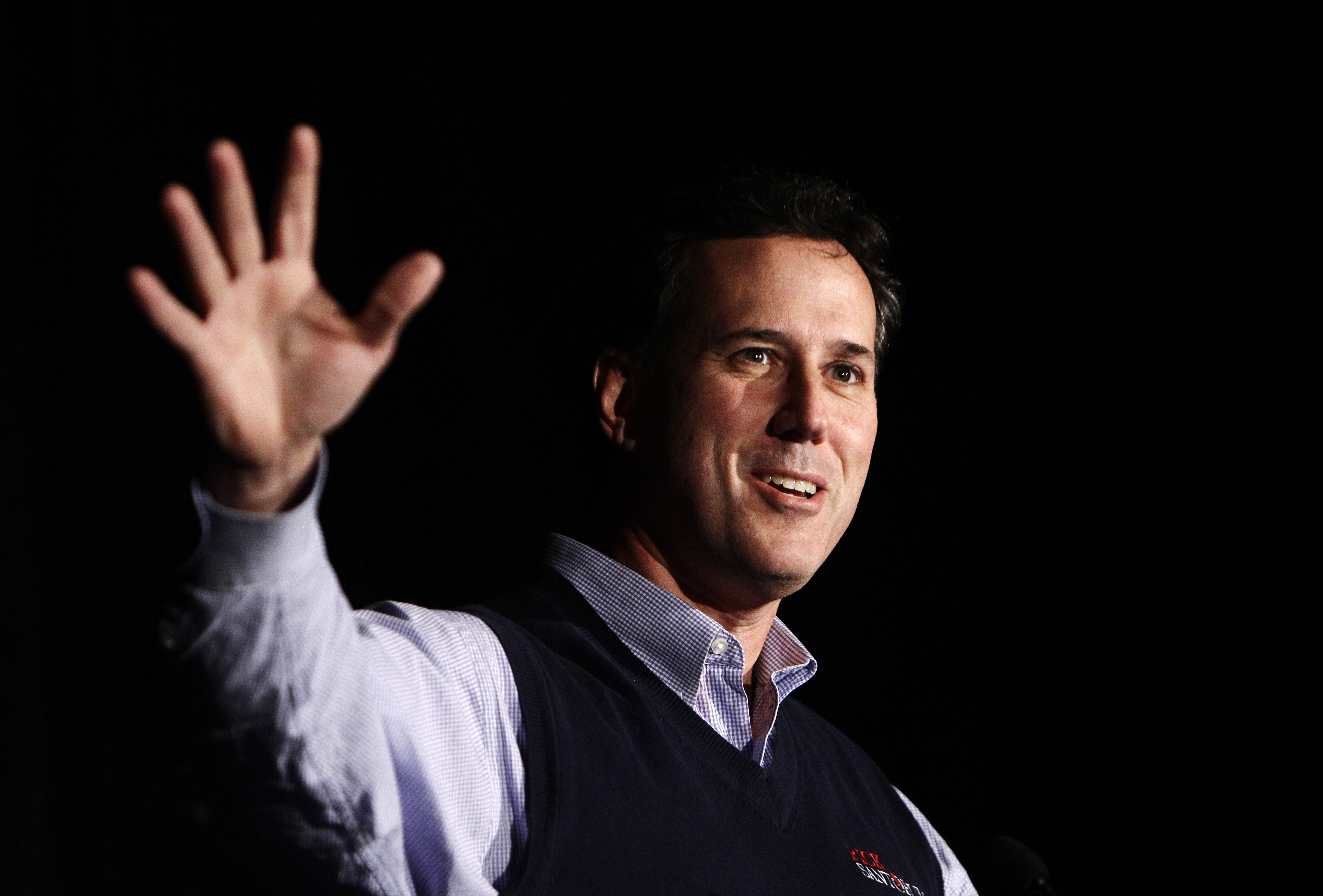Florida primary a key step on path to GOP nomination
Friday, January 1, 1904
Will former Massachusetts Gov. Mitt Romney begin a smooth march to the Republican nomination for president by winning today's important primary in Florida?
Or will former House Speaker Newt Gingrich build on his recent come-from-behind primary win in South Carolina with an unexpected victory in Florida and ensure a longer battle for the nomination with fellow front-runner Romney?
If recent polling holds, it would seem Romney should win Florida today.
But this primary season has had an astounding number of ups and downs. Some of the candidates who at times had leads in the polls -- such as Texas Gov. Rick Perry and Georgia businessman Herman Cain -- are no longer even seeking the nomination.
And the states that have had primaries or caucuses so far have split among three of the remaining four hopefuls.
As a brief recap, former Pennsylvania Sen. Rick Santorum narrowly won the Iowa caucuses. Next, Romney won convincingly in New Hampshire. Then Gingrich rallied for a big win in South Carolina. The fourth candidate, Congressman Ron Paul of Texas, has not won any of the contests, but he seems to have at least a stable level of support that could yet have an effect on which of the other candidates ultimately gets the nomination.
Conventional wisdom holds that Gingrich and Santorum are locked in battle for the more conservative votes, while Romney is seen as the more moderate "establishment" Republican. Paul's views -- fiscally conservative but alarmingly isolationist -- are a good deal harder to categorize, so it is hard to know from which of the other candidates he may be drawing away votes.
Romney has considerably greater financial resources than the other candidates, giving him a huge advantage in terms of the ability to buy advertising. And yet, despite a smaller campaign war chest, Gingrich in particular continues to be able to articulate positions in a way that apparently resonates with a lot of Republican primary voters.
We can find things to like and dislike in both of the front-runners. Romney has an admirable track record of success in business. Yet conservatives are nervous about changes over the years in his positions on issues such as abortion. Gingrich helped to reform and vastly improve welfare, and he helped balance federal budgets during his time in office. But many Republicans understandably are troubled by his multiple marriages and divorces.
Complicating things further, it is simply impossible to know whether the more fiery Gingrich or the more reserved Romney stands a better chance to beat President Barack Obama in the general election next November.
While the GOP candidates have continued sniping at each other -- too often on trivial matters rather than serious issues -- Obama continues imposing or seeking to impose unwise policies, including dangerously large defense cuts.
We may not have an ideal Republican candidate, but we can rest assured that a "President Gingrich" or a "President Romney" would begin reversing Obama's counterproductive policies.

